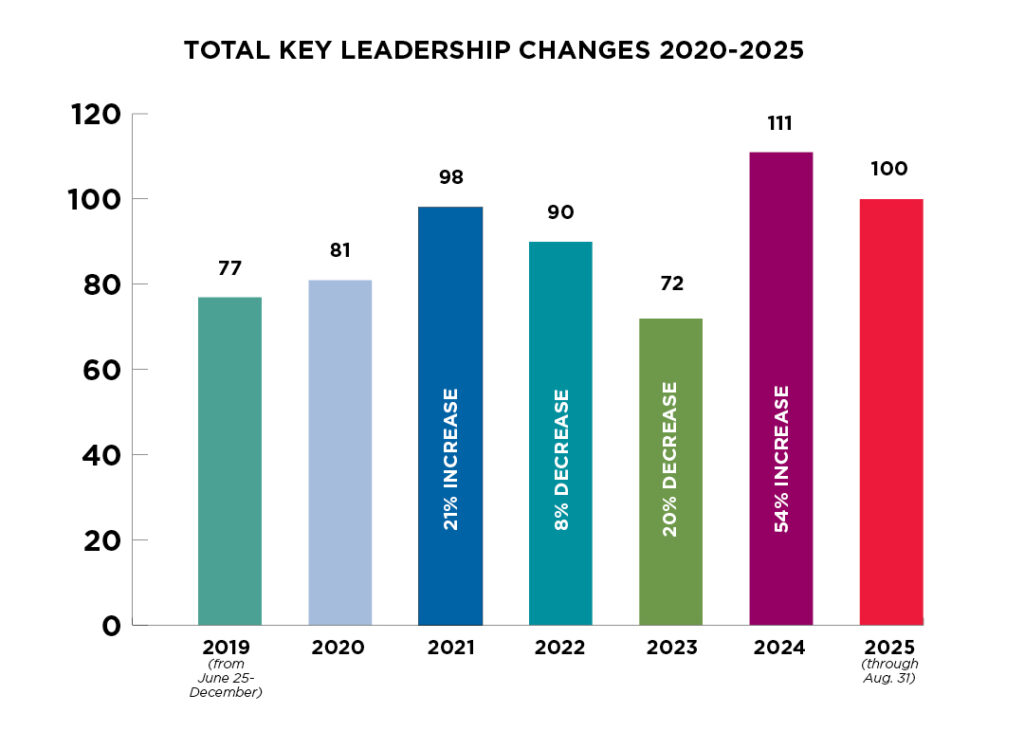Event Preview: How mental health affects business

BUSINESS RECORD STAFF May 29, 2015 | 11:00 am
3 min read time
718 wordsBusiness Record Insider, Health and Wellness, Retail and BusinessThe recent tragedy of Germanwings Flight 9525 is a startling example of how an employee’s mental health can have an impact on a company, its clients and the public. 1 in 5 of your employees is currently experiencing a mental illness. One of the things that has always frustrated me is that we are quick to recognize, address and combat physical health issues in the workplace. But the stigma, misunderstanding and uncomfortableness of mental health, which we know can have devastating consequences, often make the topic one that is easiest to sweep under the rug. Yet, at a time when our community is having trouble managing mental health from a healthcare perspective, we think now is the time to raise the issue and have an open and honest discussion about how to recognize an issue, provide necessary support and legally protect your business. We hope to see you at
our Power Breakfast on June 10.
– Chris Conetzkey, editor of the Business Record
What is one piece of advice you would offer businesses about dealing with mental health in the workplace?
Tammy Hoyman
CEO, Employee & Family Resources
Take these issues seriously! Mental illnesses, including depression and anxiety, are every bit as real as physical ailments like heart disease or cancer. Typically, we’re quick to acknowledge the struggles associated with physical health in the workplace and treat those individuals with care and compassion. I encourage employers to do the same with their employees who are struggling with mental and emotional problems. Do not ignore the symptoms: change in mood, acting more distracted than usual, attendance issues, productivity declines or other unexplained behaviors. When you notice these things, approach your employees with concern and offers to help to get them back on track. They will appreciate your attention and encouragement to seek help. And I can’t overstate the importance of creating a culture of engagement that includes work-life balance, fair time-off policies, employee assistance programs and initiatives that encourage employee wellness!
Ann Holden Kendell
Attorney, BrownWinick law firm
Employers often find balancing the responsibility to provide reasonable accommodations against the intrusion into a disabled employee’s privacy to be a virtual minefield. When mental health issues are involved, this can be particularly true. A polestar that employers can use to guide them is the work performance. Employers need to explore issues such as: Does the employee need additional or different training? Does the employee need to increase efforts, reduce inefficiencies and/or resolve communication issues? Does the employee need a reasonable accommodation from the employer? One piece of advice I would offer all businesses is to clearly understand and document the required qualifications and essential job functions of employee positions. Accurately described qualifications and essential job functions are the measure by which employers and employees can assess work performance and potential reasonable accommodations. With that framework in place, all communication and information-gathering regarding an employee’s health can properly center on what is needed for the employee to perform his or her job and not intrude into irrelevant medical issues or veer into assumptions or stigma.
Beth Nigut
Senior Vice President Human Resources, EMC Insurance Co.
Mental health matters. Health and wellness initiatives must incorporate comprehensive strategies ensuring both physical and mental well-being. Partnering with an employee assistance provider and making sure employees are aware of and have access to the services provided is a critical tool in this regard. Employers can and should expect employees to be engaged and productive, but employers must do their part to provide employees with appropriate benefits and a work environment that recognizes mental health is just as important as physical health.
Matt Connolly
Realtor, Iowa Realty, Commercial & Residential
Promote mental fitness! A proper work-life balance and appropriate time away from the office need to be addressed. Our families need some of our attention daily, and we need theirs. I make sure of a projected daily routine toward having family meal time; otherwise I get a little brain fog. It’s important to be able to go with the flow each week as scheduled, although things need to be adjusted around doctor appointments, therapy appointments, career/business/life coaching-type appointments, network development appointments, and friendship development appointments. Each month it’s crucial, doable and very necessary for remaining mentally fit to arrange time for family and friends outside work.









